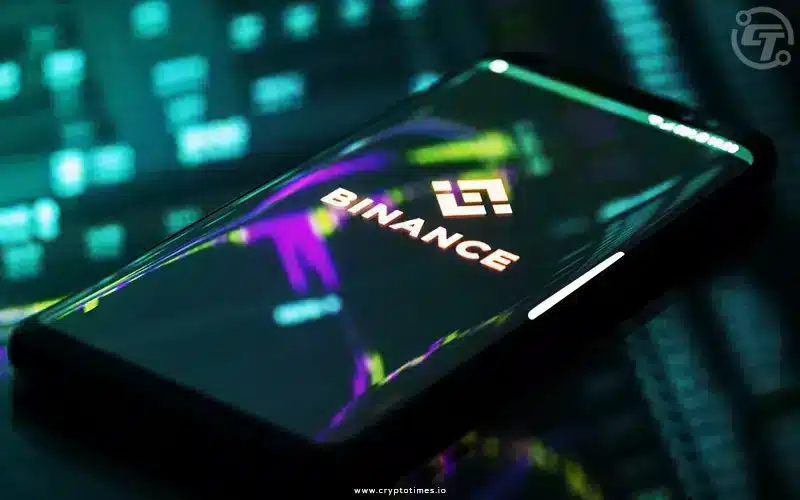Despite not being a registered U.S. business, Binance now faces significant legal scrutiny over its initial reliance on U.S. customers. Sources reveal that in the early stages, a significant portion of Binance’s revenue and trading activity came from the American market, solidifying its status as a global crypto trading powerhouse.
Government documents recently made public shed light on a series compliance failures and deliberate obfuscation by Binance. The aim was to shield its most valuable, yet restricted, U.S. customers. Binance’s founder, Changpeng Zhao (CZ), reportedly took measures to minimize U.S. exposure, such as IP blocking and advocating for know-your-customer (KYC) protocols. However, these actions coexisted with strategies to secretly retain high-value U.S. clients via an API, allowing them continued access to the main exchange.
High-ranking officials at Binance, including CZ, allegedly encouraged U.S.-based clients to hide their connections to the United States. These directives were communicated in recorded calls, with staff instructed to subtly guide these clients in evading compliance measures. By September 2020, U.S. users constituted about 16% of the main exchange’s customer base, a testament to their critical role in Binance’s operations. The following month, Binance discreetly relabeled its internal data, replacing the “United States” userbase category with “UNKWN,” further indicating efforts to conceal the extent of its U.S. involvement.
As the legal proceedings unfold, the crypto industry watches closely. Binance’s past reliance on U.S. customers and its subsequent compliance challenges highlight the complex relationship between global crypto exchanges and national regulatory frameworks. This situation underscores the need for transparent and compliant operations in the evolving landscape of cryptocurrency trading. The outcome of this case could set a precedent for how international crypto exchanges engage with U.S. markets and adhere to regulatory standards.
Also Read: Binance CEO Changpeng Zhao Admits Guilt, $50M Fine






